
Obesity and diabetes both happen as a result of malfunction of glucose balance regulation. EU researchers have targeted what may be viewed as the crux of the problem, nerve cells that respond as glucose levels rise.

Scientists have gained insight into the role of sleep in memory formation as well as developing targets for sleep disorder therapies. It seems that sleep disturbance goes beyond nodding off in that important meeting.
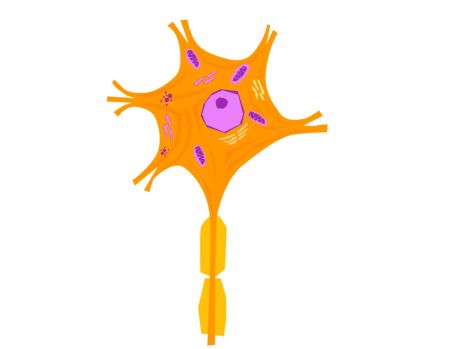
Impaired functioning of parkin (protein) causes Parkinson's disease (PD) but, until now, the cellular mechanisms were unclear. EU-supported scientists are shedding light on the issue with important implications for targeted therapies.

Antibiotic resistance is one of the major health challenges of the 21st century that has yet to be addressed. Concerted efforts are thus necessary to design and develop novel anti-bacterial drugs.
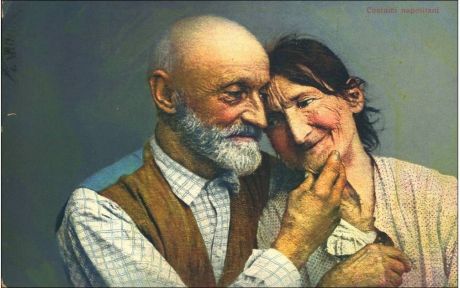
EU researchers succeeded in linking challenges that the elderly face with innovative and collaborative procurement processes. As such, access to services can be improved.
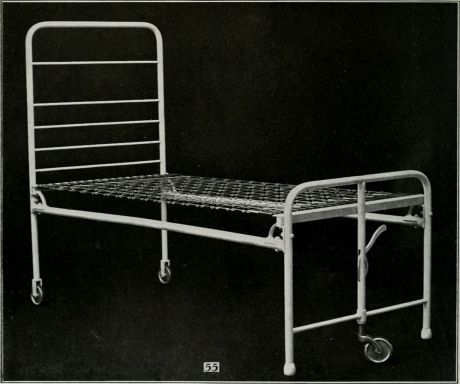
Collaboration between a range of professionals and healthcare organisations is necessary for ongoing care of the infirm and elderly. This project identified quality indicators (QIs) specifically to improve the care of cancer and dementia patients in Europe.
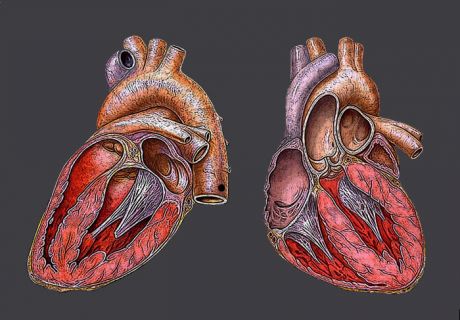
Heart failure is a leading cause of cardiovascular morbidity and mortality worldwide. Understanding the mechanisms responsible for cardiac dysfunction will help design novel therapies.
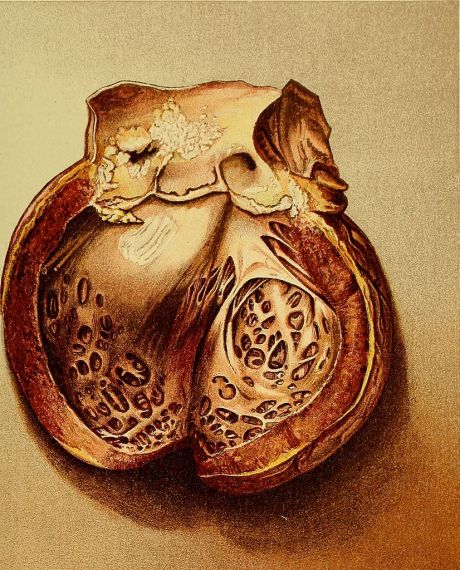
European researchers are investigating a serious morbidity of inflammation, arterial calcification. Their findings could help reduce the incidence of diseases that involve artery blockade such as cardiovascular disease.
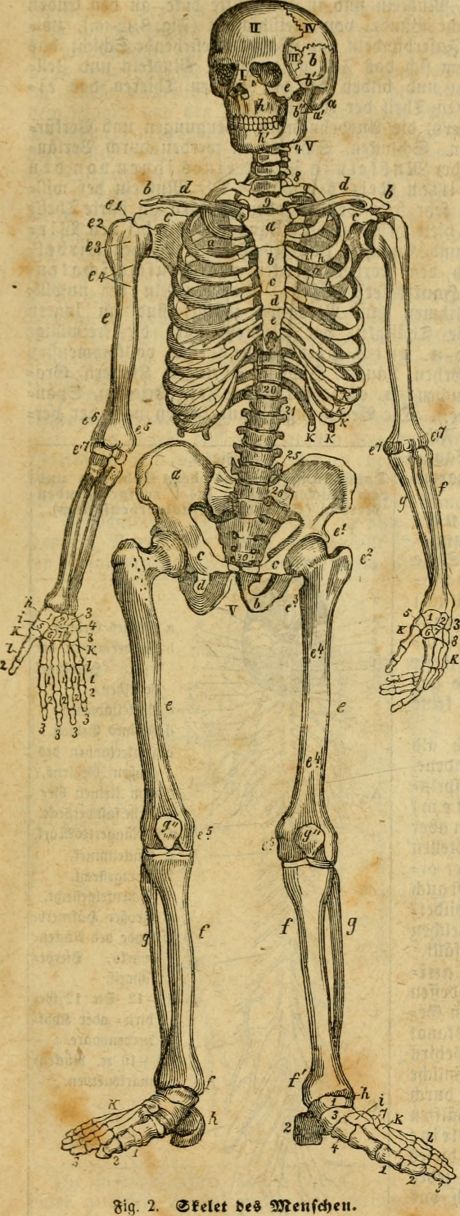
EU-funded researchers have made significant progress in developing realistic whole bone models. These tools could improve treatment and rehabilitation efficacy in patients with fractures or bone disorders.

Metabolic disorders such as diabetes and obesity are reaching epidemic proportions, particularly in developed countries. EU-funded researchers are investigating the role of the retinol binding protein 4 (RBP4) receptor in regulating metabolism.
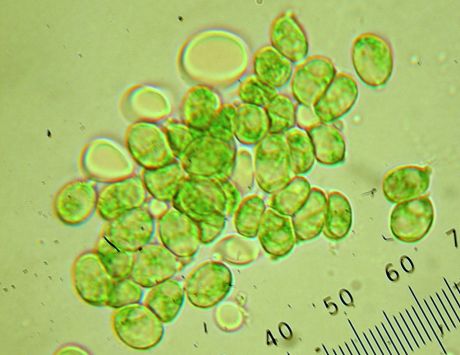
Fungal diseases result in millions of deaths annually, and the emergence of drug resistance to the limited repertoire of currently available antifungal medicines is aggravating this problem. EU funding is enabling researchers to find solutions.
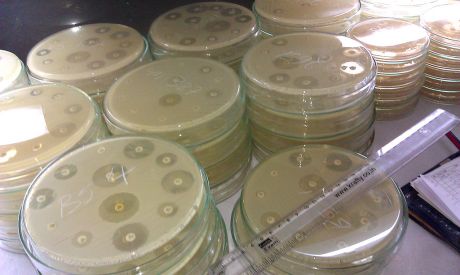
EU-funded researchers worked on building a cheap and simple handheld device that can detect drug-resistant bacteria in a matter of hours rather than days.
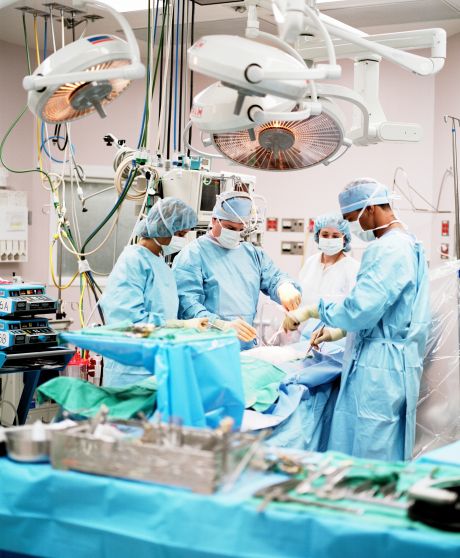
EU funding supported an exciting venture that has developed smart magnetic solutions to safely and cost-effectively perform minimally invasive surgery. This could reduce health care costs and speed up patient recovery.

Inflammatory bowel disease (IBD) is a chronic inflammation of the gut. A European consortium is following a systems medicine approach for disease management.
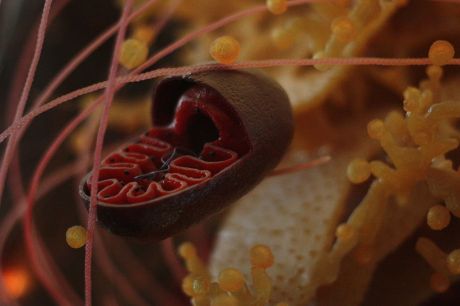
Inkjet printing of a microdroplet containing a single living cell has become a reality. EU-funded partners who made it possible are now developing specific modifications to extend applications and commercialise outcomes.

Understanding how drugs can induce allergic responses is central to designing diagnostic tests and taking prompt action.
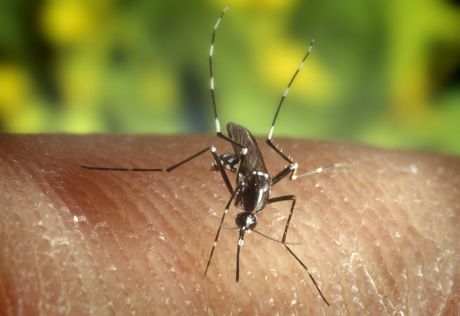
An international alliance has joined forces to integrate research efforts worldwide towards providing a cure for malaria.
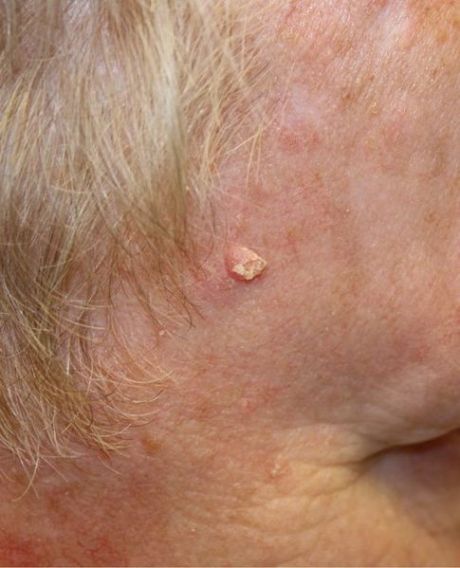
A European consortium is working on delivering an immune-modulating agent at the tumour site. The results from the clinical trial for Merkel cell carcinoma (MCC) treatment could also be used for treating other types of cancer.
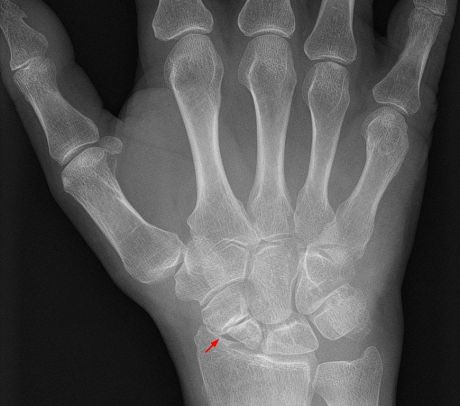
Millions die from road traffic injuries and several millions suffer from non-fatal injuries, with head and leg fractures being the most common injury sustained. Currently available bone implants are inadequate for healing such complex fractures.
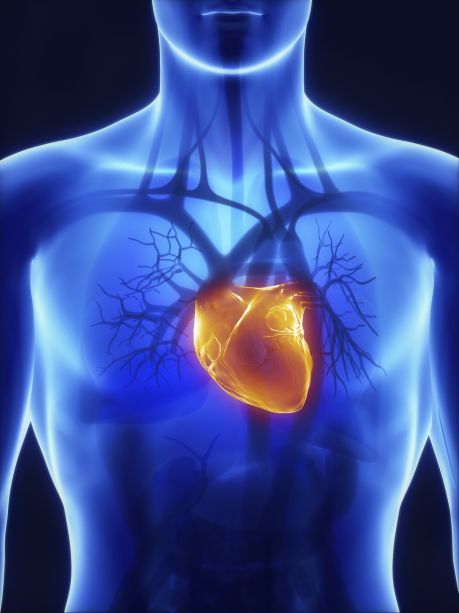
A European consortium is putting a novel regenerative human heart valve to the test that may revolutionise the field of cardiovascular tissue engineering. Based on a special technology that removes all biological material from the valve, this novel medical product boosts immune tolerance and longevity.
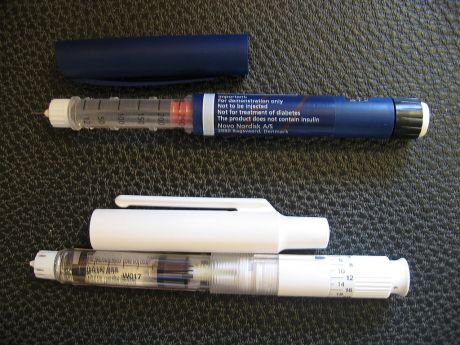
European scientists are working on a new pharmacological intervention on energy metabolism as a new strategy for tackling diabetes.

European researchers investigated the mechanism implicated in sepsis-mediated organ damage. A new role for neutrophil-releasing structures was revealed with therapeutic implications.

The number of elderly people in the European population is steadily rising, placing greater demands on health care systems. Age-related conditions such as eye cataract and osteoarthritis need cost-effective treatment solutions.
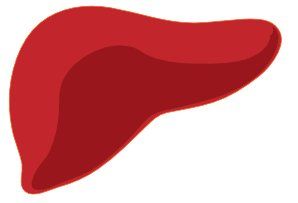
In many cases, liver transplantation is threatened by hepatitis C virus (HCV) infection. A European consortium hopes to improve liver graft survival through the administration of antibodies that block virus infection.

Improving the therapeutic response of cancer patients is a major medical challenge. A European study is working on novel drugs and innovative tools for predicting treatment outcome.
























